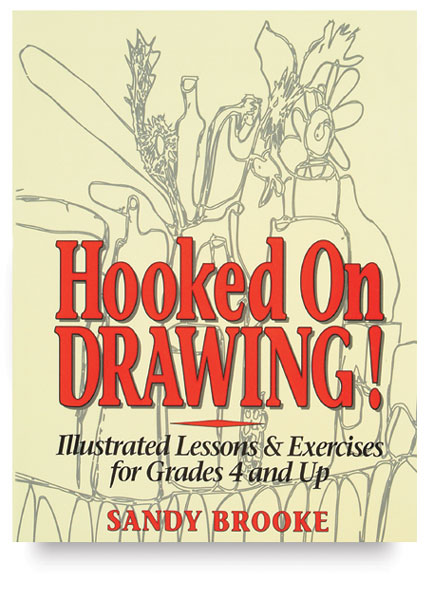It is hard to believe we have been homeschooling long enough to have completed one four year history cycle (though honestly, we really spent 2 years on middle ages and did not touch much modern history :). But, here we are, ready to dive back into Egypt, Greece and Rome. I am using the
history portfolio this year for the crocodile hunter and the little princess, but I have taken the topics to cover from
Tapestry of Grace. Really, history in our house consists of lots of reading and fun projects when mommy feels like it, but I do like to have a formal plan - even though we are really, really (I mean
really) loose about it. I break things down into terms, but that does not mean we strictly follow a calendar, we move through as it works for us. Sometimes I decide not to cover something, sometimes we spend a lot of time on one topic. But, in order to feel confident in that flexibility, I usually create an outline of the historical period. In that outline I plug in all of the resources I own that correlate with that topic. By no means do we actually read all of those books, or do all of the projects. The outline is my way of reminding myself what my options are. If I feel like doing a project, we will, if the week is too busy, we won't. Usually, I read aloud from a main book, and then have supplemental books the kids can look at on their own time. So, with that lengthy and convoluted disclaimer, I am linking to my
Ancient History Plan. The first term is more fleshed out than the others, I still have some information to fill in, but overall, most of it is there.
To give you a look at how it works in our house - our first week of school, it went something like this:
Monday - we read the story of creation from the Bible and the
Heavenly Garden during our morning time together and we talked about Asia and where the Garden of Eden might have been
Tuesday - we read
Somewhere in the World Right Now, and the first chapter from
Child's Geography: Explore the Holy Land and looked at a map of Asia, locating Turkey and the Bosphorus Strait
Wednesday - we looked at
What the World Eats - first looking at the US, then Turkey, then they browsed through the book on their own - we had some discussion about the differences in types of food - I read
One Humpy Grumpy Camel to the Queen
Thursday - they both colored the days of creation from the
Homeschool in the Woods lapbook (we will be putting these elements into the History Portfolio in the appropriate places instead of making a separate lapbook)
Friday - copywork for the History Portfolio, for fun we read
The Hungry Coat (folktale from Turkey)
As you can see, it is mostly reading - and most of that was done in our morning time before the kids began their workboxes. Then they continue with fun reading on their own. The only thing we did not do that I want to do - is the Queen has not yet done her watercolors for the days of creation, but since her history will not cover as much as the others, I am not worried if it takes another week or two to get those done. Over the weekend the crocodile hunter read several books on dinosaurs, and decided he wanted to make a map that indicated the locations of all the dinosaur fossils discovered in the USA. He also decided to write several pages about why he believes there might still be dinosaurs alive somewhere today - and this from the kid who HATES to put pencil to paper! So, that is what history looks like around here - though really I guess it is history, geography, science, social studies and literature all in one.
 Aren't those huge ducks great! I found those years ago at Walgreens for under $5 each. They have served for many baby showers and even a few birthday parties over the years.
Aren't those huge ducks great! I found those years ago at Walgreens for under $5 each. They have served for many baby showers and even a few birthday parties over the years. Gotta' have lots of soapy fun, even if it is sugar :)
Gotta' have lots of soapy fun, even if it is sugar :) And my favorite touch - pick up a pair of yellow rubber boots on clearance, pop a glass inside to hold water, and fill with sweet daisies!
And my favorite touch - pick up a pair of yellow rubber boots on clearance, pop a glass inside to hold water, and fill with sweet daisies! Add a few glasses full of blue marbles, a flock of mini rubber ducks, and have fun. Oh, and while I don't have a pic for this - don't leave out the punch - mix blue hawaiian punch, pineapple sherbert and gingerale for a bubbly mix perfect to float a few ducks in.
Add a few glasses full of blue marbles, a flock of mini rubber ducks, and have fun. Oh, and while I don't have a pic for this - don't leave out the punch - mix blue hawaiian punch, pineapple sherbert and gingerale for a bubbly mix perfect to float a few ducks in.
















